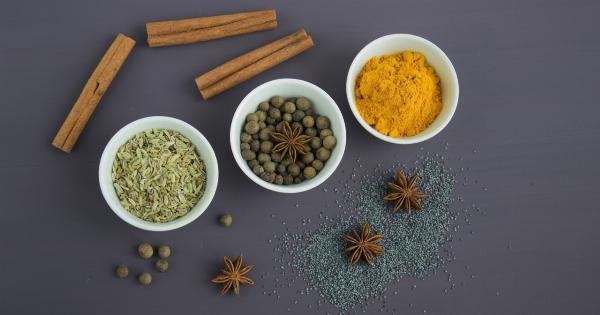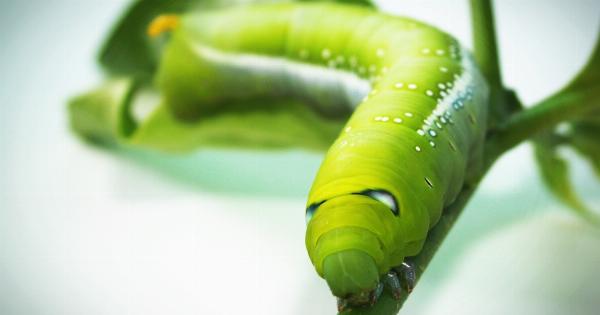Protein is an essential nutrient for our bodies, serving as a building block for muscle, bones, and other tissues. Traditionally, many of us have relied on animal products such as meat, eggs, and dairy to get our protein fix.
However, an increasing number of people are turning to plant-based diets for health, ethical, or environmental reasons. Whether you are a vegan, vegetarian, or simply looking to reduce your meat intake, it is important to ensure that you are getting enough protein for optimal health.
How much protein do you need?
According to the World Health Organization (WHO), the recommended daily intake of protein for adults is 0.8 grams per kilogram of body weight. However, this may vary depending on factors such as age, sex, and activity level.
Athletes or people who engage in intense physical activity may require additional protein to support muscle recovery and growth.
Plant-based sources of protein
Contrary to popular belief, you can get all the protein your body needs from plant-based sources. Here are some examples of protein-rich foods that do not come from animals:.
Legumes
Legumes, or pulses, are a family of plants that includes beans, lentils, peas, and chickpeas. They are a great source of protein, fiber, and complex carbohydrates.
Some examples of legume-based dishes are chili con carne (made with beans), lentil soup, or falafel (made with chickpeas).
Nuts and seeds
Nuts and seeds are also high in protein and healthy fats. Some examples include almonds, peanuts, sunflower seeds, and chia seeds. They can be eaten as a snack or incorporated into meals such as oatmeal, salads, or homemade granola.
Whole grains
Whole grains such as brown rice, quinoa, and whole-wheat pasta are not only rich in protein, but also in fiber, vitamins, and minerals. They can be the base of many meals such as stir-fries, grain bowls, or pasta dishes.
Soy products
Soy products such as tofu, tempeh, and soy milk are a popular meat substitute among vegans and vegetarians. They are high in protein, calcium, and other nutrients.
Some examples of soy-based dishes are stir-fry with tofu, tempeh bacon, or soy milk smoothies.
The benefits of a plant-based diet
Aside from providing enough protein, a plant-based diet has numerous health benefits. Studies have shown that it can lower the risk of heart disease, stroke, and some types of cancer.
It can also improve digestion, reduce inflammation, and promote healthy weight management. Additionally, a vegan or vegetarian lifestyle is more sustainable and ethical as it reduces greenhouse gas emissions and avoids animal cruelty.
Tips for transitioning to a plant-based diet
If you are new to a plant-based diet, it may seem daunting at first. Here are some tips to make the transition easier:.
Start slow
You do not need to go vegan or vegetarian overnight. Start by incorporating more plant-based meals into your diet and gradually reduce your meat consumption. You can also try Meatless Mondays, where you eat only plant-based meals on Mondays.
Experiment with new recipes
There are countless plant-based recipes available online or in cookbooks. Trying new recipes can be a fun and tasty way to explore new foods and flavors. You can also recreate your favorite meat-based dishes using plant-based ingredients.
Get support
Transitioning to a plant-based diet can be challenging, especially if your family or friends are not on board. Consider joining a plant-based community or finding support online.
You can also enlist the help of a registered dietitian to ensure that you are meeting your nutritional needs.
Conclusion
Getting enough protein on a plant-based diet is entirely possible and can offer numerous health benefits. Legumes, nuts, seeds, whole grains, and soy products are all great sources of protein and can be incorporated into a variety of meals.
A plant-based diet can also be more ethical and sustainable than a meat-based diet. With some creativity and support, transitioning to a plant-based lifestyle can be a rewarding and delicious journey.



























